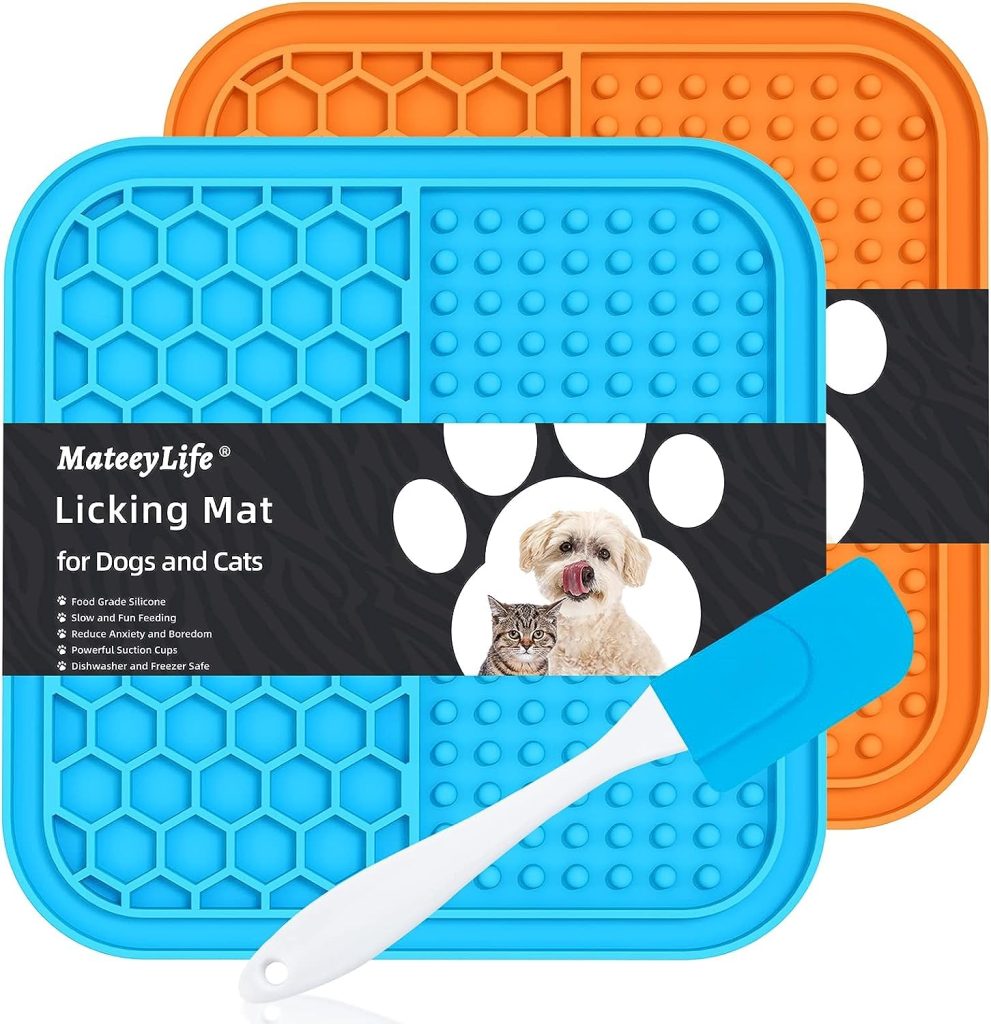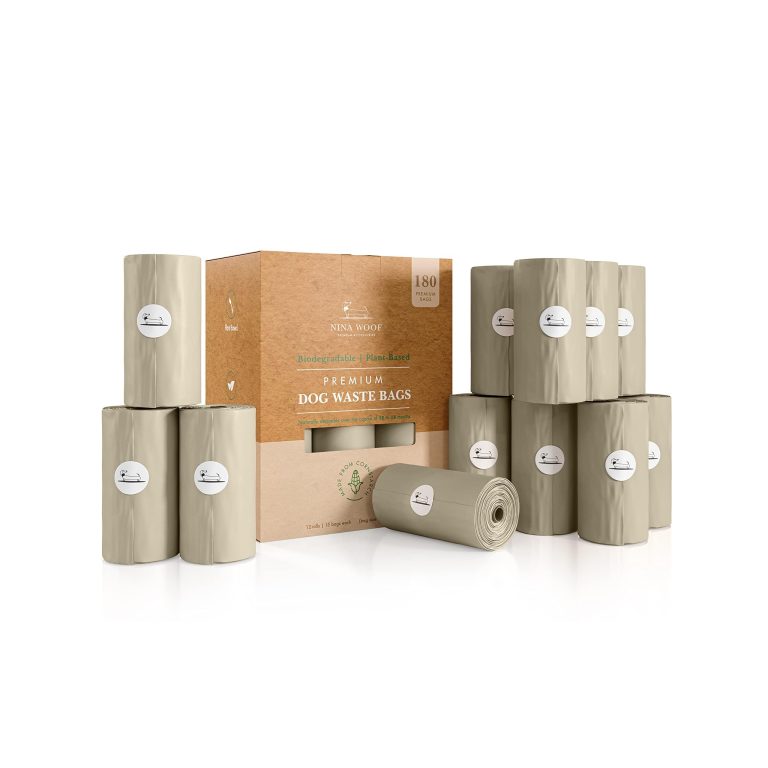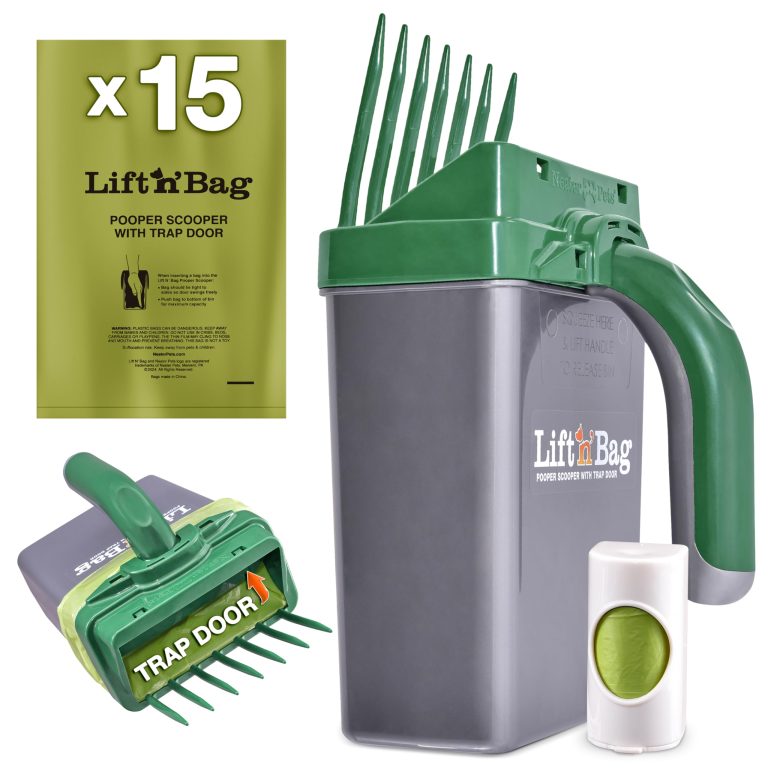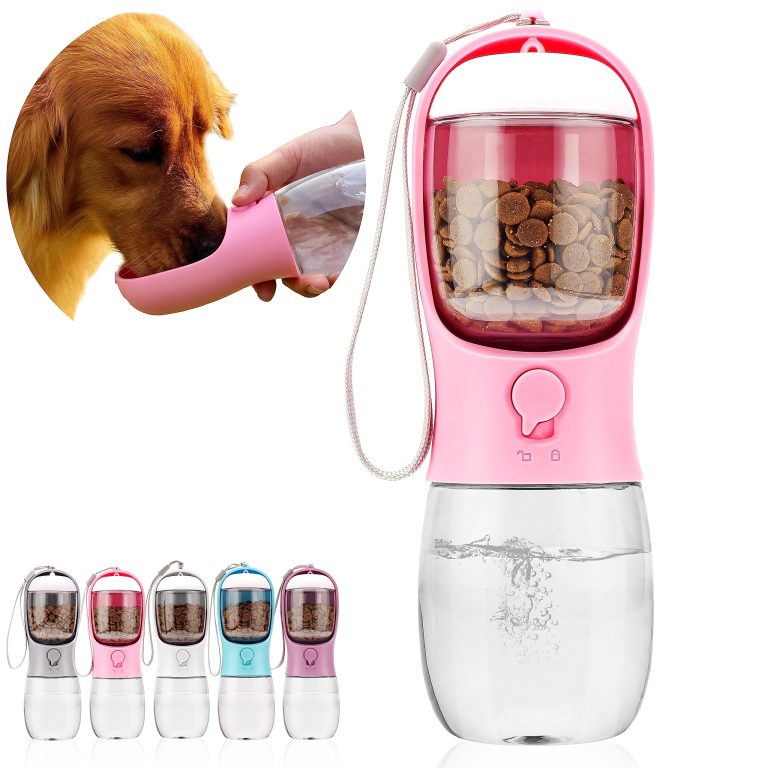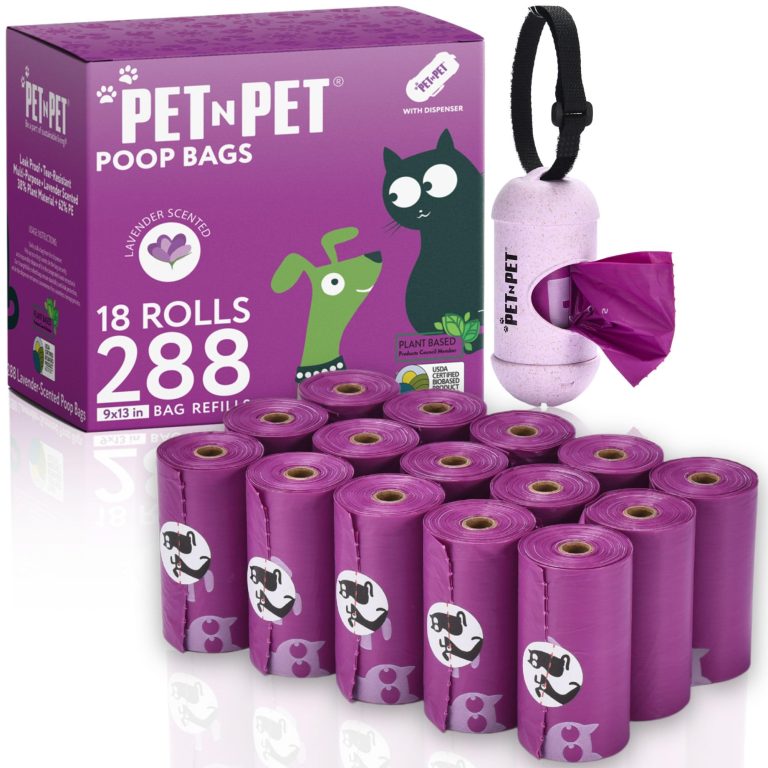Creating a Custom Diet Plan for Your Dog

Maintaining a nutritious diet is important for the overall well-being and health of your furry companion. Dogs, just like humans, require a balanced diet tailored to their specific needs. While commercial dog foods offer convenience, many pet owners are opting for custom diet plans to ensure their dog gets the best nutrition possible. In this article, we will explore essential aspects of canine nutrition and how to create a custom diet plan for your dog.
Importance of a Balanced Diet
A balanced diet is key to providing optimal nutrition for your dog. It should consist of the right proportions of proteins, carbohydrates, fats, vitamins, minerals, and water. Each nutrient plays a vital role in promoting good health and supporting the dog’s body functions.
Proteins: Proteins are the building blocks of life and are essential for growth, development, and repair. Include high-quality animal-based proteins in your dog’s diet, such as lean meats, fish, and eggs.
Carbohydrates: Carbohydrates provide energy. Opt for complex carbohydrates like whole grains and vegetables instead of simple sugars found in processed foods.
Fats: Healthy fats are essential for the absorption of certain vitamins and provide energy. Add moderate amounts of fat from sources like fish oil, flaxseed oil, or olive oil to your dog’s diet.
Vitamins and Minerals: A variety of fruits and vegetables can provide a wide range of vitamins and minerals. Be careful with toxic foods like grapes, raisins, onions, and garlic that can harm dogs.
Water: Access to fresh, clean water is vital for maintaining proper hydration and overall health.
Dietary Needs at Different Life Stages
As dogs age, their dietary requirements change. Here are some guidelines to adapt your dog’s diet based on different life stages:
Puppies:
Puppies require a diet rich in protein and fats to support their rapid growth and development. Choose a high-quality puppy food formulated specifically for their nutritional needs. Offer frequent meals throughout the day as they have smaller stomachs.
Adult Dogs:
Adult dogs need a balanced diet to maintain their weight and energy levels. Ponder their activity level, size, and breed when determining portion sizes. Monitor their weight regularly and make adjustments if necessary.
Senior Dogs:
Senior dogs often have lower energy levels and may require fewer calories. Choose a senior-specific dog food that contains joint support supplements and is lower in fat. Consult your veterinarian to address any unique needs that may arise with age.
Dietary Needs for Different Breeds
Some dog breeds have specific dietary needs due to their size, metabolism, and predisposition to certain health conditions. Here are a few examples:
Large Breeds:
- Large breed puppies need controlled levels of calcium and phosphorus to ensure proper bone development.
- Large breed adult dogs may benefit from diets formulated to support joint health and prevent obesity.
Small Breeds:
- Small breed dogs often have higher energy requirements relative to their body size. Choose a diet rich in nutrients to meet their needs.
- Ensure kibble size is appropriate for smaller jaws.
Homemade Diets
Some pet owners prefer to create homemade diets for their dogs. While homemade diets offer control over ingredients, it requires careful planning and understanding of nutritional requirements.
Consult an Expert: Before starting a homemade diet, consult a veterinarian or a veterinary nutritionist to ensure it meets your dog’s needs.
Choose High-Quality Ingredients: Use human-grade ingredients and select lean meats, whole grains, and a variety of vegetables and fruits.
Add Supplements if Required: Some homemade diets may require additional supplements to meet all nutritional needs. Your veterinarian can guide you on the necessary supplements.
Cooking Methods: To preserve nutrients, it’s recommended to lightly steam or bake ingredients rather than frying or overcooking them.
Diet Transition: When transitioning from commercial food to a homemade diet, gradually introduce new foods over several weeks to minimize digestive upset.
Your dog’s nutrition is vital for their overall well-being. Understanding the essential aspects of canine nutrition like a balanced diet, different life stages, specific breed requirements, and homemade diets empower you to provide optimal nutrition for your furry companion. Consider consulting a veterinarian or veterinary nutritionist to tailor a custom diet plan that meets their individual needs, ensuring your dog leads a healthy and happy life.


